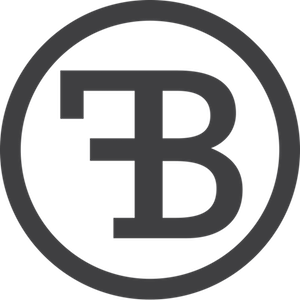The health of a democracy depends on people’s ability to access reliable information
(Hobbs, 2010; Mihailidis & Thevenin, 2013).
On the Internet, traditional gatekeepers and hallmarks of authority are largely absent. It is thus imperative to democratic functioning that students know how to assess the quality of information on which they base their decisions (Lynch, 2017; Metzger et al., 2010).
The fast development of the digital on-line environment has profoundly changed the way we search, analyse, use, and share information.
Powerful search engines can find us millions of hits in a nanosecond. The real online challenge is to sort out which information is useful and meets our initial information need. In addition, the search results are very individual and not very transparent because third parties can influence the order in which the results are shown, for example by technical coding or buying visibility from the search engine platforms. Unfortunately, the quality and breadth of sources and relevant information in the top search results has diminished as more and more commercial pages find their way on top of the search results. Simultaneously, the sheer volume of mis- and disinformation has increased in the past years.
We need human critical thinking to evaluate the fit of the content which algorithms are proposing for us. To do this, it is vitally important to develop our digital information literacy skills.
Digital information literacy can be defined as a set of skills and abilities which everyone needs to undertake information-related tasks; how to discover, access, interpret, analyse, manage, create, communicate, store and share information in the digital environment. In short, digital information literacy is the ability to think critically and make balanced judgements about any information we find and use - whether or not materials under analysis are valid, accurate, acceptable, reliable, appropriate, useful and/or persuasive. Digital information literacy allows us to understand power and the need for accountability of numerous stakeholders who create technologies, platforms, and content for us in the digital age. Being able to critically evaluate the multiple sources of information empowers us as citizens to reach and express informed views and to engage with society from an informed point of view. With the tools of digital information literacy, we can assess accountability of different actors in the field and demand better digital environment for us as citizens and consumers, both from corporations and decision-makers.
The NORDIS project brings together fact-checking experts, researchers, journalists, and pedagogues to provide digital information literacy support to both teachers and students. Teachers benefit from this because they will learn how to better deal with the social media issues in the classroom context, while the information empowers students with critical thinking tools to resist the perils of mis- and disinformation.
More Faktabaari (FactBar) EDU blogs on digital information literacy
Follow: @FactBar & @NORDIShub
References Hobbs, R. (2010). Digital and media literacy: A plan of action. The Aspen Institute. https://assets.aspeninstitute.org/content/uploads/2010/11/Digital_and_Media_Literacy.pdf
Lynch, M. P. (2017). An Internet of us: Knowing more and understanding less in an age of big data. W.W. Norton.
Metzger, M. J., Flanagin, A. J., & Medders, R. B. (2010). Social and heuristic approaches to credibility evaluation online. Journal of Communication, 60(3), 413–439. https://doi.org/10.1111/j.1460-2466.2010.01488.x
Mihailidis, P., & Thevenin, B. (2013). Media literacy as a core competency for engaged citizenship in participatory democracy. American Behavioral Scientist, 57(11), 1611–1622. https://doi.org/10.1177/0002764213489015

